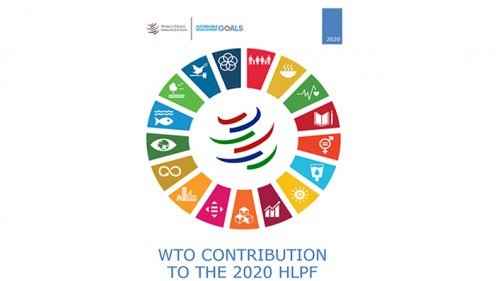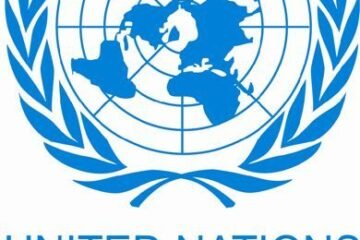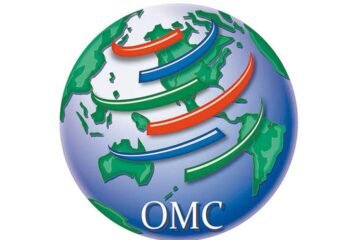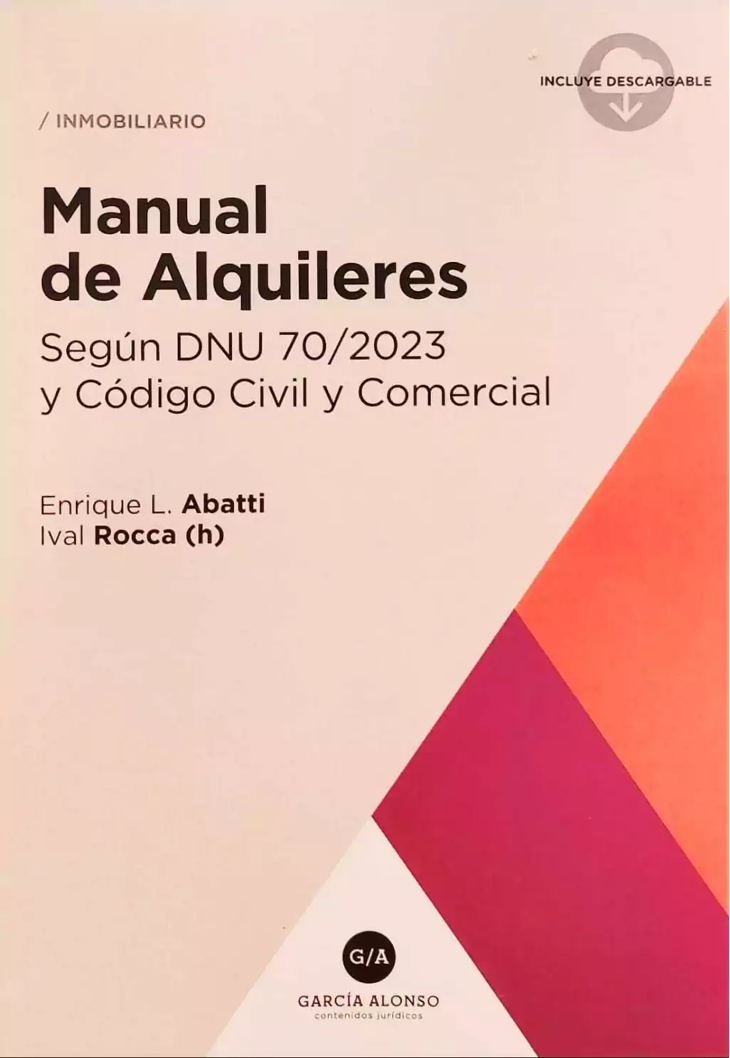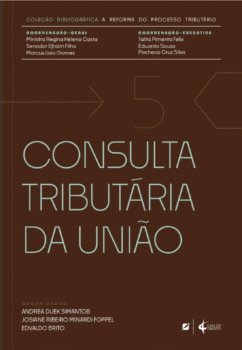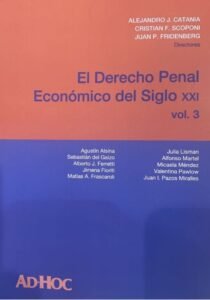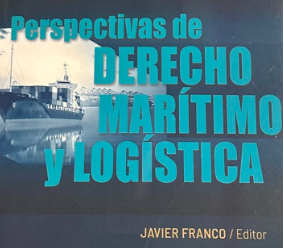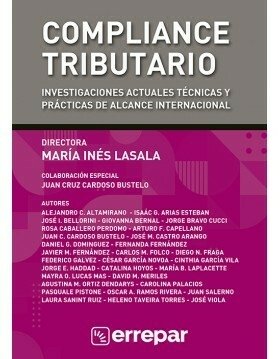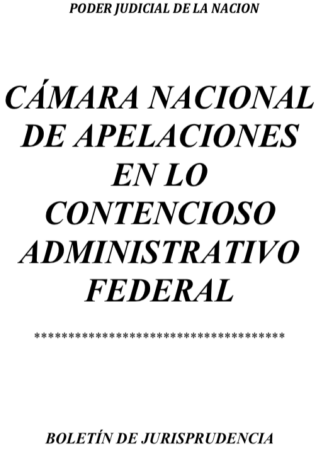Los Miembros examinan la forma de tener en cuenta el impacto de la COVID-19 en la iniciativa de Ayuda por el Comercio impulsada por la OMC
El 7 de julio, en una reunión del Comité de Comercio y Desarrollo dedicada a la Ayuda para el Comercio, los Miembros de la OMC acordaron examinar la forma de tener en cuenta en su labor futura el impacto de la pandemia de la COVID-19. También acordaron ampliar el Programa de Trabajo sobre la Ayuda para el Comercio del bienio en curso hasta 2022, año en que tendrá lugar el próximo Examen Global.
Aid for Trade is a multi-stakeholder initiative seeking to mobilize resources to address the trade-related needs and supply-side constraints identified by developing countries and least-developed countries. More information can be found here.
The negative impact of the COVID-19 pandemic on the participation of developing countries in world trade and their access to trade finance emerged as a key concern at the meeting. Developing countries’ exports of goods and services have been badly affected by a global decline in demand and disruptions in production chains.
The plight of African countries was stressed, particularly the risk that the COVID-19 crisis might wipe out certain development gains. An analysis by the African Group of the implications of the pandemic on the continent’s economies can be found here. Benin, speaking on the group’s behalf, called for tackling the digital divide between developing and developed countries. A transparent and inclusive Aid for Trade programme will support developing countries in meeting their development objectives, the delegation said. Other delegations echoed the role that Aid for Trade can play in supporting economic recovery.
Members agreed to examine how to reflect the impact of the COVID-19 pandemic at an informal meeting later this year. They also decided to extend the timeframe for implementing the current biennial work programme, Empowering Connected, Sustainable Trade”, until the end of 2022.
The next Global Review will now also take place in 2022, members agreed. The Global Review aims to strengthen the monitoring and evaluation of Aid for Trade to provide a strong incentive to both donors and recipients for advancing the Aid for Trade agenda. The seventh Global Review was held in July 2019.
The meeting also featured presentations on support available to help developing countries manage the crisis. The African Development Bank (AfDB) reported that it has mobilized a USD 10 billion COVID-19 Response Facility to respond to the impact of COVID-19. It is focusing on providing budget support to affected countries – an area where AfDB has a comparative advantage. The crisis also prompted a “massive acceleration in the digitization” of AfDB’s internal processes. While the COVID-19 crisis has slowed progress towards implementing the African Continental Free Trade Area, the AfDB announced its renewed support for the project through financing of USD 4.8 million.
Asian developing countries are expected to grow at 0.1 cent in 2020, the lowest figure for the region since 1961, according to the Asian Development Bank (ADB). The representative briefed the Committee on the COVID-19 Pandemic Response Option programme, which earmarked USD 30 billion to help developing countries fight the pandemic through measures which include fiscal stimulus and the use of local currencies in lending. The Inter-American Development Bank reported having bolstered short-term and long-term aid to developing countries on areas such as export promotion, trade finance, trade facilitation and foreign investment attraction.
The European Bank for Reconstruction and Development mentioned projects related to knowledge transfer and innovation in 38 developing countries. The Islamic Development Bank said that USD 14 million is being allocated to help Arab states remove barriers to market access and further integrate into global value chains. The representative noted the importance of targeted and result-oriented strategies and the need for a strong consultative process. The World Bank Group reported ongoing work to help developing countries scale up their resilience to the crisis and recover more quickly. This includes an allocation of USD 2 million in support to infrastructure projects and to manufacturing, agriculture and services industries that have been most affected by the pandemic.
Several members reported on their Aid for Trade programmes and activities and reiterated their support for the Aid for Trade initiative, noting the importance of a coordinated response.
The European Union briefed delegations on the “Team Europe” approach and the USD 36 billion mobilized in support for partner countries to combat the pandemic and its after-effects. The EU also confirmed its latest contribution of EUR 2 million to the WTO’s DDA Global Trust Fund to finance training and other capacity-building activities for government officials. China announced new duty-free and quota-free market access for products originating from Bangladesh. The United States reported USD 1 billion in assistance to vulnerable countries to combat the pandemic, including through disease surveillance and the protection of healthcare workers, carried out by its USAID agency. Both Norway and the UK noted that they were pivoting their Aid-for-Trade programmes to help developing countries mitigate the effects of the COVID-19 crisis.
Updates were also given by the Enhanced Integrated Framework, the International Trade Centre, the Standards and Trade Development Facility, the United Nations Industrial Development Organization and the United Nations Conference on Trade and Development on how they are adapting their programmes to deal with the response to COVID-19.
Fuente: OMC

